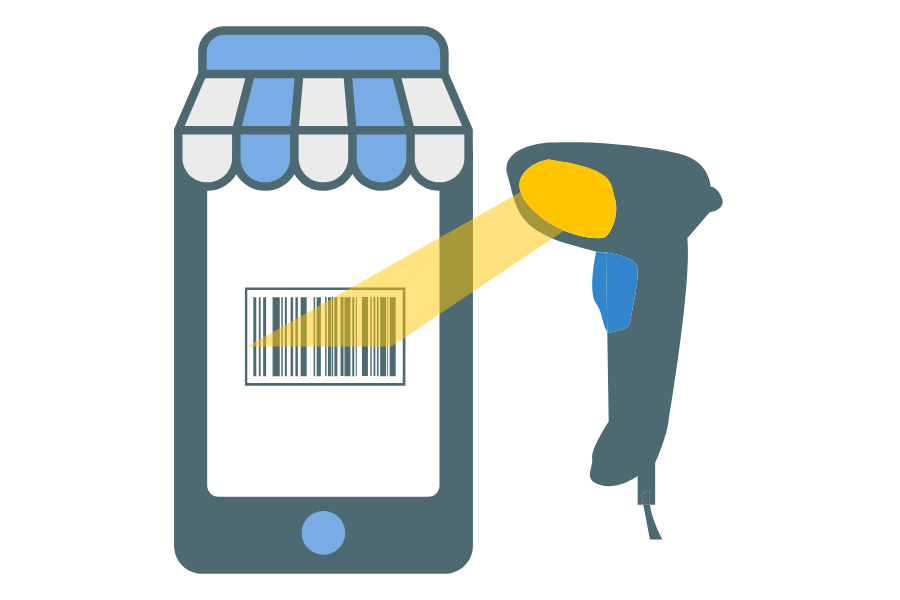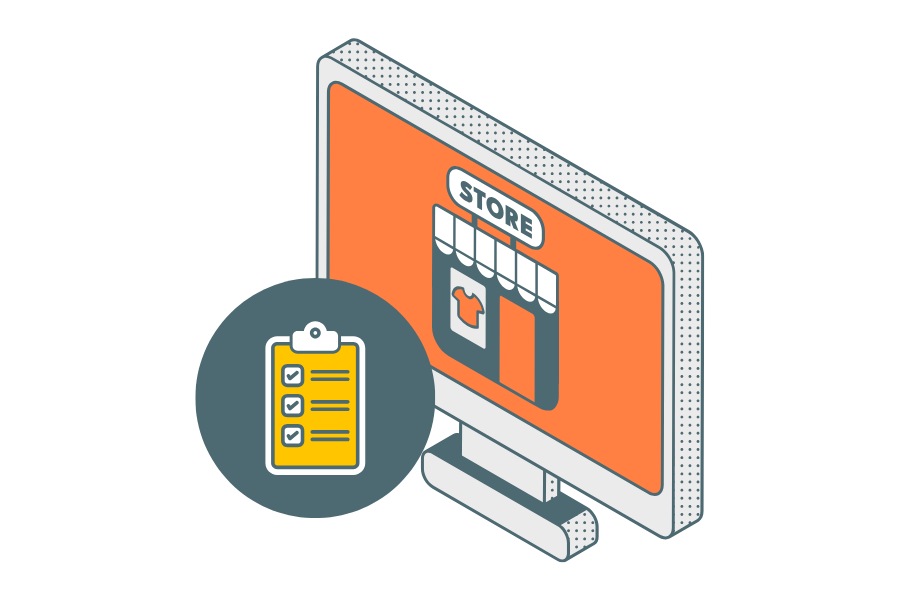Corporation Tax Basics for UK Limited Companies
Managing Corporation Tax is a key part of running a UK limited company. Knowing how Corporation Tax works, the current rates, and filing deadlines helps small business owners stay on top of their finances. Whether you handle your accounts personally or with accounting services in the UK, understanding the basics ensures you can meet your obligations without stress.
What Is Corporation Tax?
Corporation Tax is a tax on profits made by UK limited companies and certain other organisations, including clubs and societies.
- It applies to:
- Trading profits (from running your business)
- Investment profits (such as dividends or interest)
- Capital gains (profits from selling assets)
- To calculate it, you subtract allowable business expenses and reliefs from your total income.
Corporation Tax Rates for 2025/26
The tax rate you pay depends on how much profit your company makes:
- Profits up to £50,000:
- Taxed at 19% (Small Profits Rate)
- This benefits smaller companies by keeping their tax low.
- Profits between £50,001 and £250,000:
- Taxed between 19% and 25% (Marginal Relief)
- This gradual increase smooths the jump between the small and main rates.
- Profits over £250,000:
- Taxed at 25% (Main Rate)
- This rate applies fully to larger companies with higher profits.
Additional details:
- If you have associated companies or short accounting periods, these thresholds are adjusted accordingly.
- The 25% main rate has been in effect since 1 April 2023 and continues through 2025/26.
- Some industries, like oil extraction, have different ring fence tax rates, which are exceptions.
✅ Your books should work as fast as you do. Get real-time insights, automated reports, and expert guidance—all in one place. Experience live accounting here.
Calculating, Filing, and Paying Corporation Tax
How to Calculate
- Begin with your total income from business activities and investments.
- Deduct allowable expenses, including salaries, rent, and supplies.
- Apply any relevant reliefs and capital allowances.
- Then, apply the correct tax rate depending on your profit.
- If your profits fall between £50,000 and £250,000, use the Marginal Relief calculator on GOV.UK to find the exact amount due.
Filing Your Tax Return
- Submit your Company Tax Return (CT600) annually.
- The deadline is usually within 12 months after your accounting period ends.
Payment Deadlines
- For companies with profits under £1.5 million, payment is due 9 months and 1 day after the accounting period ends.
- Larger companies may need to pay in quarterly installments.
Important Things to Remember
Accounting Period vs. Tax Year
- Your company’s accounting period might not match the UK tax year (April 6 to April 5).
- Make sure you use the correct tax rates for your accounting period.
Keep Good Records
- Accurate record-keeping helps reduce your taxable profits.
- This includes tracking office costs, travel expenses, and depreciation.
Avoid Penalties
- Filing or paying late can lead to fines and interest charges.
- Timely compliance protects your business’s reputation with HMRC.
Plan for Tax Payments
- Set aside funds regularly to cover your tax bill.
- Managing cash flow effectively helps avoid last-minute surprises.
Other Taxes to Consider
- Corporation Tax is one of several taxes, including VAT and PAYE.
- Understanding how these interact is important for overall compliance.
Common Mistakes
- Miscalculating profits or tax rates.
- Overlooking Marginal Relief.
- Missing filing or payment deadlines.
Summary
Corporation Tax is a crucial responsibility for UK limited companies, charged on profits after allowable expenses. For 2025/26, the rates range from 19% for profits up to £50,000, gradually rising to 25% for profits above £250,000. Marginal Relief helps smooth the rate increase for mid-sized profits. Filing your Company Tax Return on time and paying your tax promptly are essential to avoid penalties. By keeping detailed records and planning ahead, you can manage your tax obligations effectively.
Your Books, Automated. Your Questions, Answered.
Manual bookkeeping eats into time you could spend growing your business. Traditional accounting services charge more but still need constant guidance. There’s a better way.
Counto’s modern accounting solution combines AI that learns your business with expert human oversight. Once our system understands your patterns, it handles daily bookkeeping automatically. Professional accountants review everything for accuracy, and you get instant access to your dedicated Customer Success Manager via SMS or phone—no more waiting for answers about your finances.
Join forward-thinking businesses who’ve upgraded to intelligent accounting that adapts to you, not the other way around. Ready for accounting that actually gets your business? Chat with us now, email [email protected] , or use our contact form.







